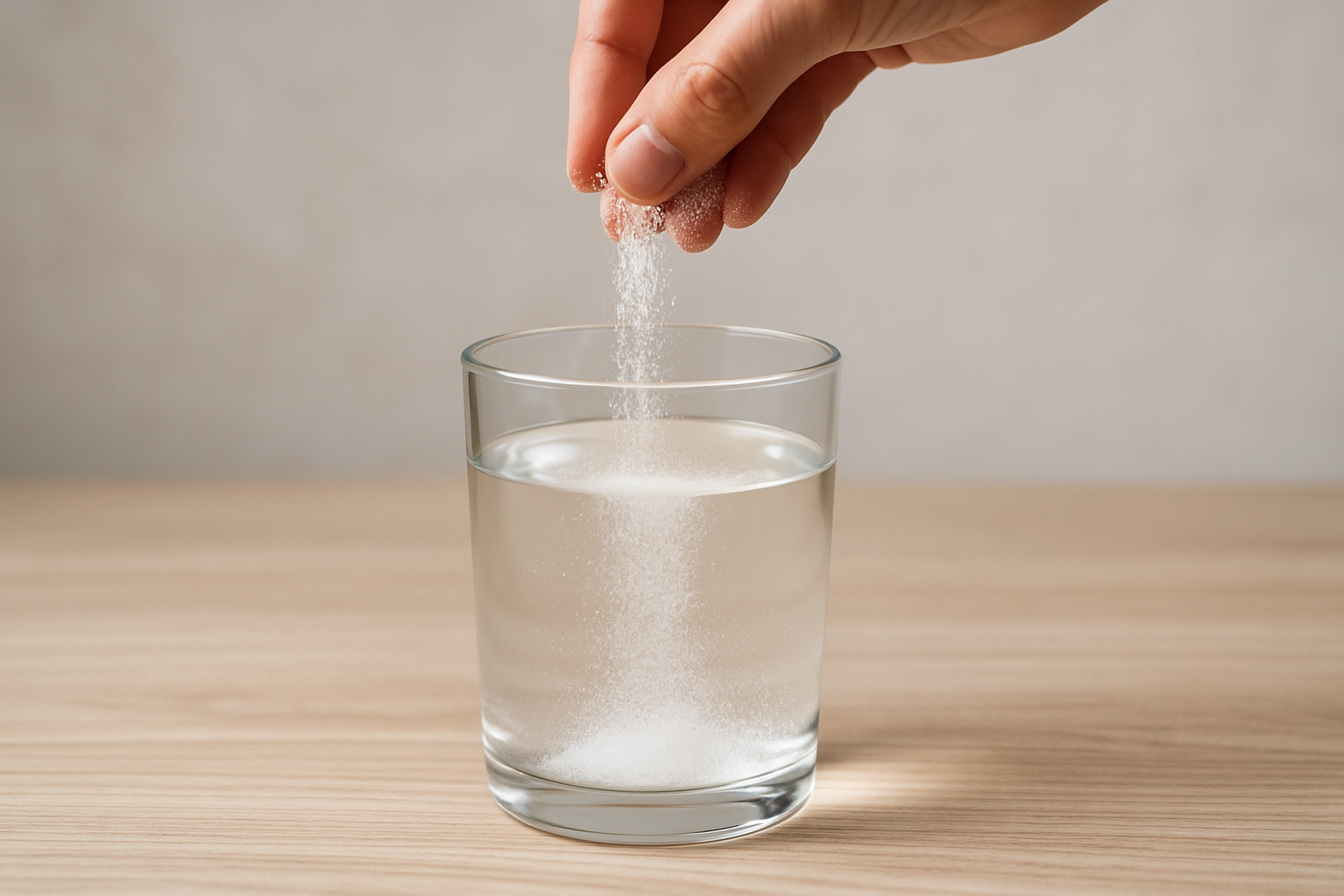When we think about high performance, energy, and wellbeing, we often focus on nutrition, sleep, and exercise — but one key factor is often overlooked: electrolytes. These tiny charged minerals, including sodium (salt), potassium, magnesium, and calcium, play a massive role in how we think, move, and feel every day.
Let’s dive into why salt and electrolytes are critical, whether salt is truly “good” or “bad,” and how to naturally support your body and mind.
What Are Electrolytes and Why Are They Important?
Electrolytes help maintain fluid balance, nerve function, muscle contractions, pH levels, and brain performance.
Think of them as the “spark” that keeps your internal systems communicating properly.
Without enough electrolytes, your cells can’t fire properly.
The result? Fatigue, brain fog, poor mood, low energy, headaches — and even serious health issues if it goes too far.
Is Salt Good or Bad for You?
You’ve probably heard that salt is something you should avoid.
But the truth is: salt itself is not the enemy — too much processed salt combined with a poor diet is.
Here’s what matters:
- Quality matters: Natural salts (like Himalayan pink salt, sea salt) contain trace minerals that support hydration and brain function.
- Balance matters: If you’re active, stressed, or sweating a lot, your salt needs increase dramatically.
- Context matters: Blanket advice to “cut salt” doesn’t apply to everyone, especially active people or those focusing on peak mental and physical performance.
In fact, too little salt can be just as dangerous as too much.
What Happens When You Don’t Get Enough Salt or Electrolytes?
When your body runs low on electrolytes, you might experience:
- Headaches
- Fatigue or low energy
- Brain fog or poor concentration
- Muscle cramps or spasms
- Dizziness, especially when standing up
- Poor exercise recovery
- Heart palpitations
- Low mood or irritability
In serious cases, electrolyte imbalance can affect heart rhythms and nervous system function.
If you’re feeling ‘off’ and can’t quite explain it, low electrolytes could be playing a role.
Natural Ways to Boost Your Salt and Electrolyte Intake
You don’t need fancy supplements (unless you want them).
Mother Nature provides amazing options:
- Himalayan pink salt or sea salt: Sprinkle a little on meals or even add a pinch to your water on hot or high-activity days.
- Coconut water: Naturally rich in potassium and magnesium.
- Leafy greens (like spinach and kale): Great for magnesium and calcium.
- Avocados: Packed with potassium and healthy fats.
- Bone broth: High in sodium, potassium, and magnesium.
- Nuts and seeds: Especially almonds, cashews, and pumpkin seeds for magnesium.
- Bananas: A classic, easy potassium boost.
- Olives and pickles: Natural salty foods that also support gut health.
Quick Tip for Everyday Hydration
If you’re feeling sluggish, try this quick electrolyte boost:
👉 Mix a pinch of Himalayan salt + a squeeze of lemon + a splash of coconut water into your normal drinking water.
It’s simple, refreshing, and can help re-balance your system fast.
Final Thoughts: Salt Is Essential, Not Evil
When we empower our bodies with what they truly need — not what the latest trend says — we create the foundation for resilience, focus, energy, and true high performance.
Salt and electrolytes are a vital part of wellbeing.
Respect them, source them wisely, and listen to your body.
In doing so, you support not just physical health, but mental clarity, emotional balance, and lasting vitality.

